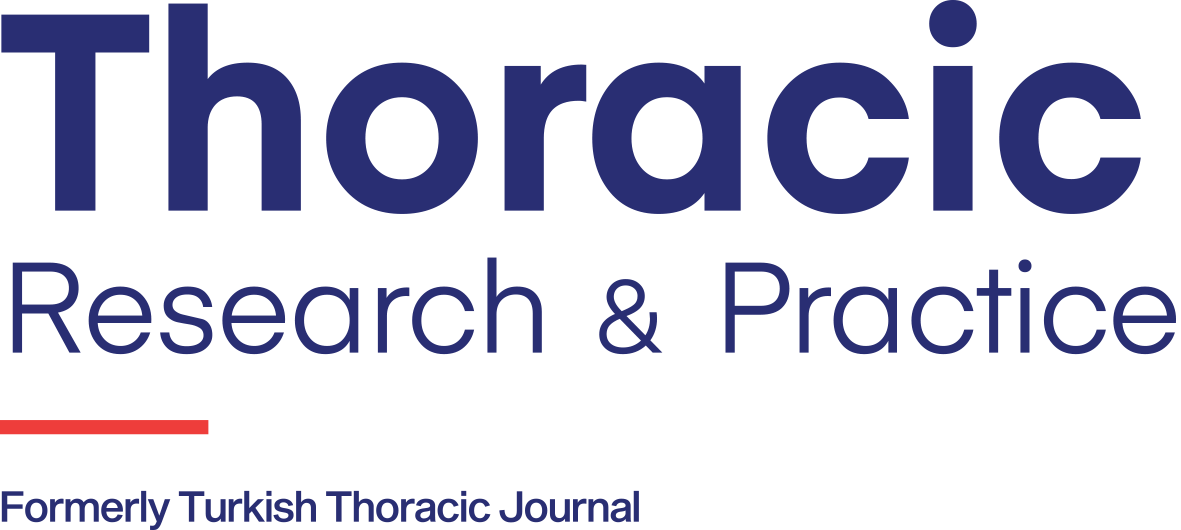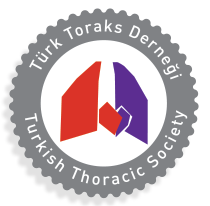Abstract
A 20-year-old male patient was referred to the Physical Therapy and Rehabilitation clinic of our hospital for pain in the right shoulder. No pathology was detected as a result of the tests performed here. He was referred to the Pulmonary Medicine. He had a history of right shoulder pain for 1 week. He was on Risperidone treatment for 3 months due to depressive disorder. Physical examination revealed body temperature: 36.7° C, pulse rate: 118/min, respiratory rate: 20/min, arterial blood pressure: 110/80 mmHg, and saturation of 90%. Other laboratory function tests were normal. D-Dimer level of the patient was 7032 ng/mL. Pulmonary angiography was performed in the patient who was suspected of pulmonary thromboembolism (PTE). Thrombosis was detected in both main pulmonary arteries of the patient. He was hospitalized with the diagnosis of PTE and underwent low molecular weight heparin (LMWH) and warfarin therapy. When LMWH treatment was achieved with the appropriate INR level, treatment with warfarin was continued. No risk factors were found in the patient who was investigated in terms of hereditary and acquired risk factors for PTE. Hereditary risk factors were protein C and S, antithrombin III, anticardiolipin antibody IgM-IgG, factor V-Leiden, prothrombin gene mutation, methylene tetrahydrofolate reductase enzyme activity, homocysteine levels were normal. As a result of the examinations, except the use of risperidone, another risk factor for PTE could not be found. The patient was diagnosed with PTE due to risperidone use. The risperidone treatment of the patient who was consulted with psychiatry was discontinued gradually. A few cases in the literature are atypical antipsychotics (AP) with olanzapine and risperidone. Although the cause of PTE due to the use of atypical antipsychotics is unknown, it has been reported that weight gain due to the use of these drugs, high body mass index (BMI), sedative lifestyle and venous stasis may be a risk factor for PTE development. In this case report, we wanted to draw attention to the relationship between atypical antipsychotics used in many psychiatric diseases and PTE, which can lead to sudden death. According to the literature, the risk of PTE is higher in the first months after treatment with atypical APs. Therefore, these patients should be closely monitored for PTE for early diagnosis and treatment.



